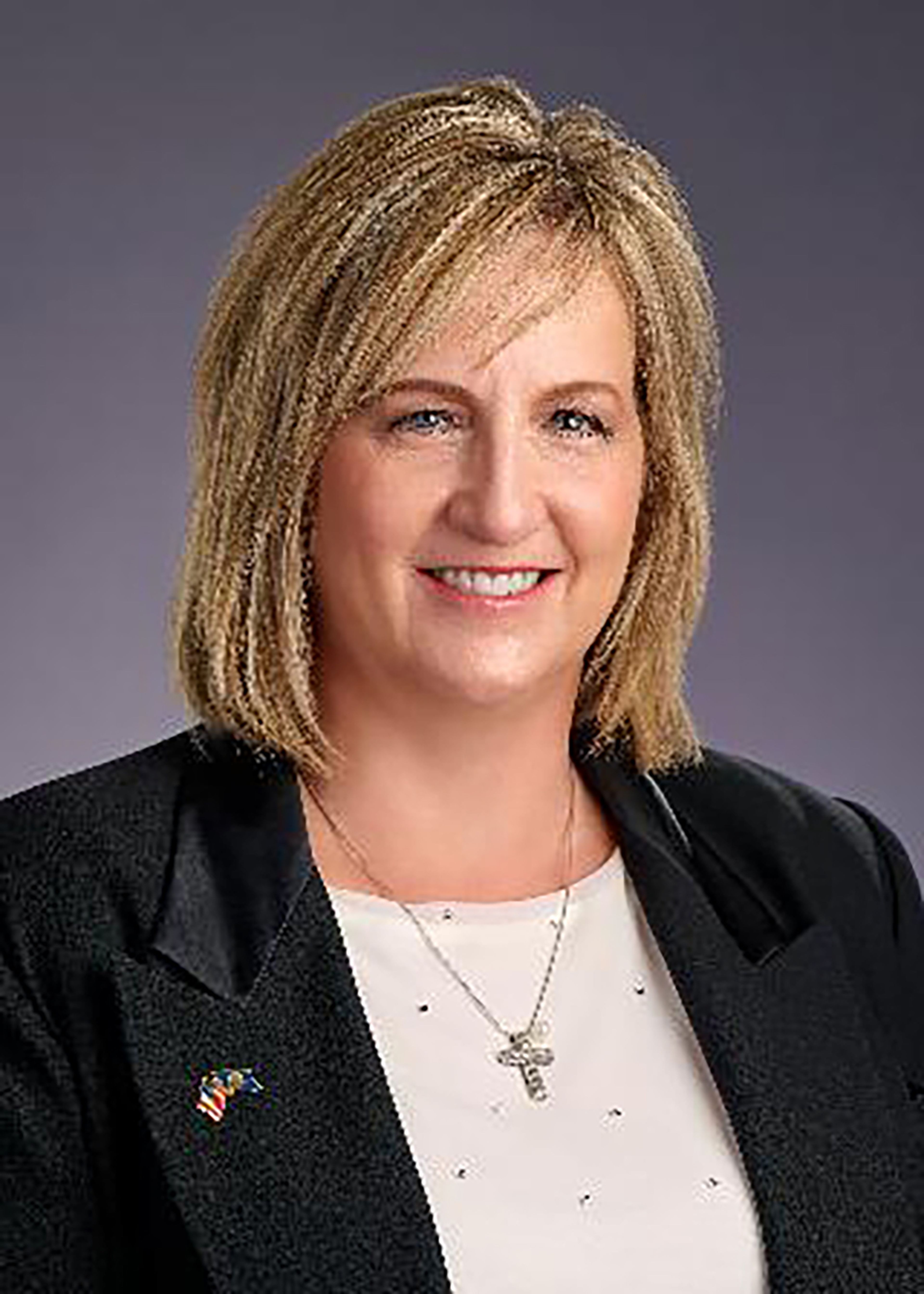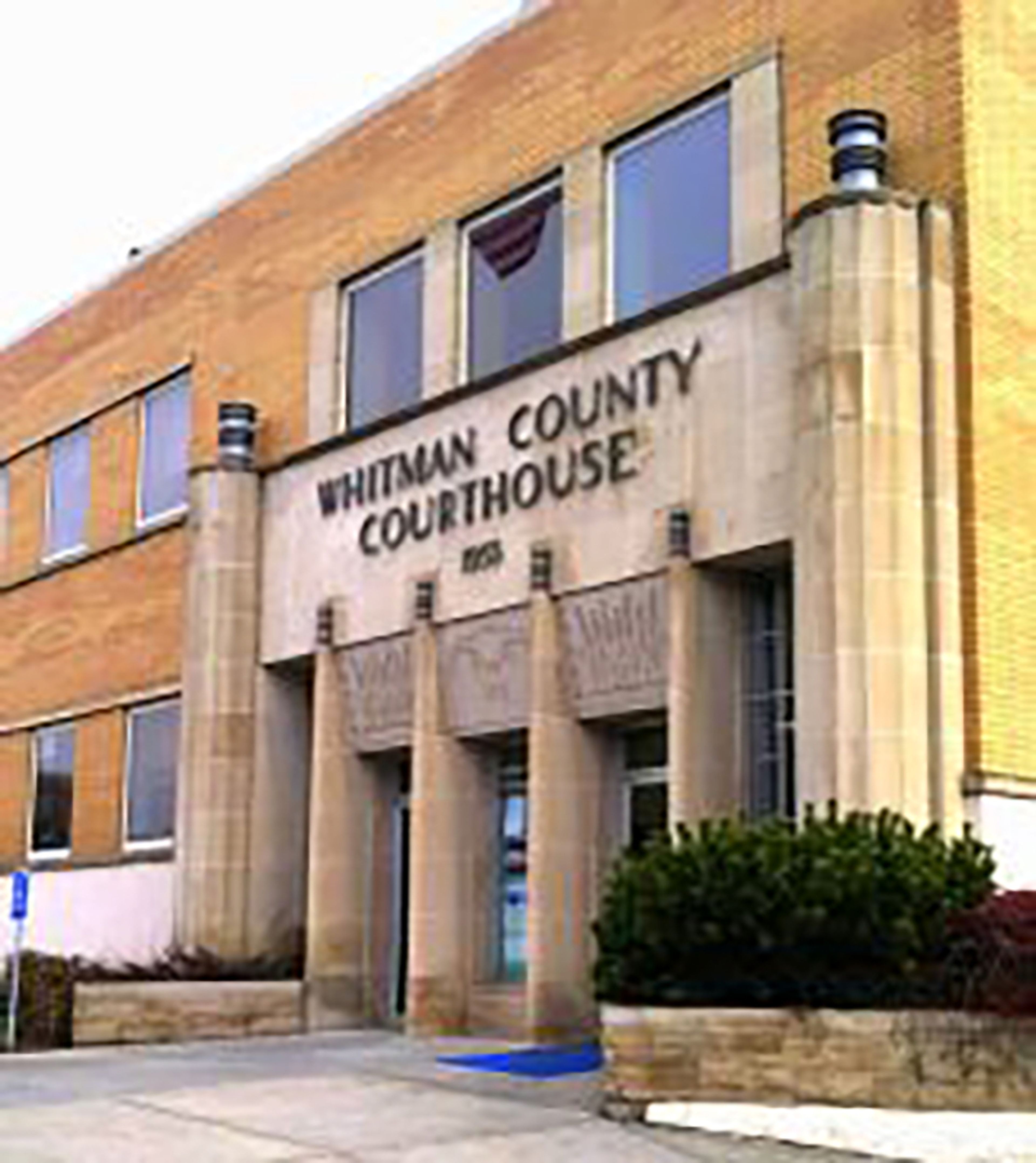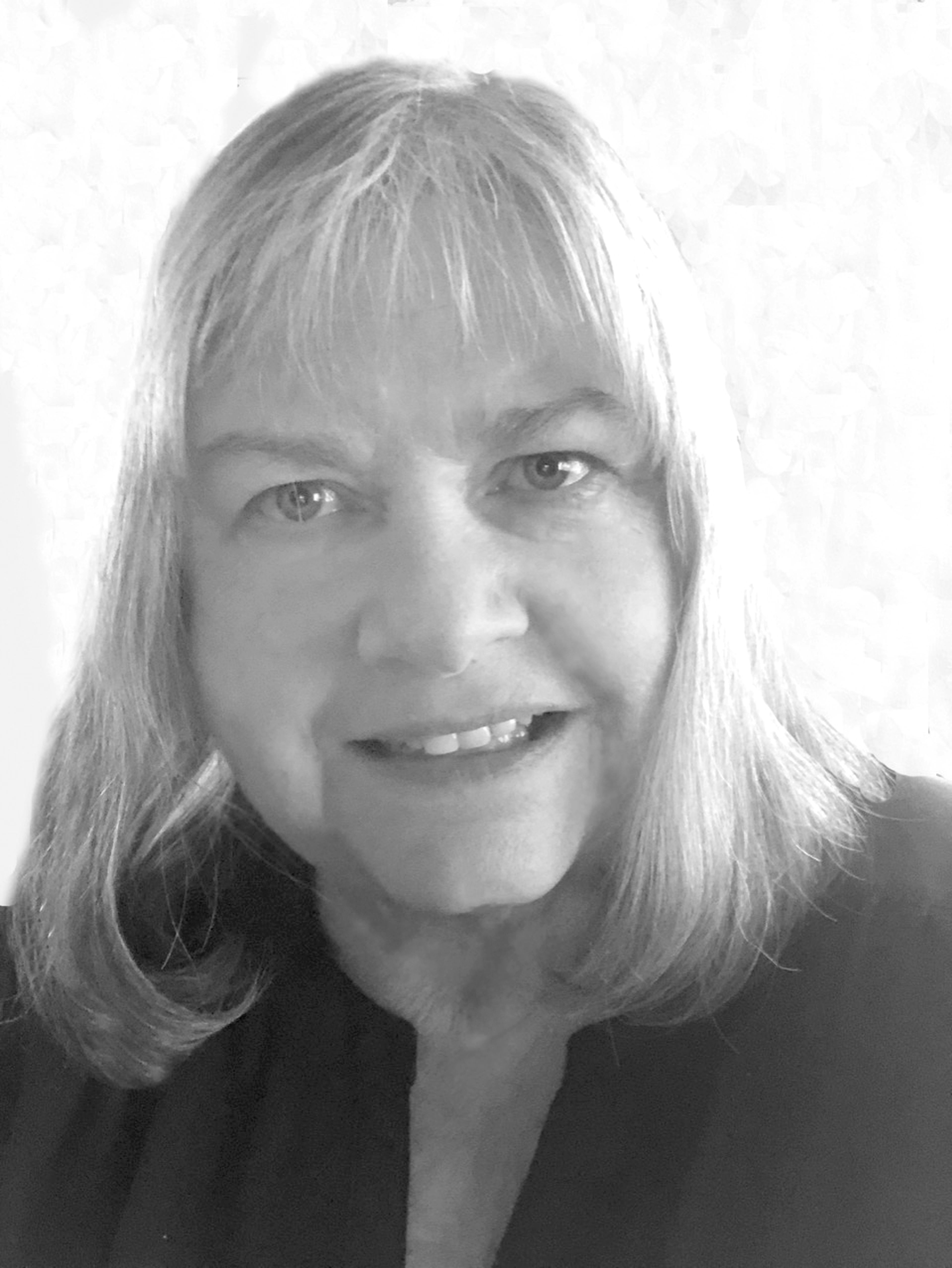Education and spending top of mind in District 7 senator race
Incumbent Carlson faces Democrat Bill Farmer, a former prison inmate educator
A retired prison inmate educator is challenging Republican incumbent Sen. Cindy Carlson in the District 7 contest this November.
Democrat Bill Farmer, 72, lives in Cottonwood and retired after more than 40 years providing education to Idaho Department of Corrections inmates. Carlson, 60, has served a two-year term in the Legislature.
Carlson lives near Riggins and is a business owner who has founded with her husband several businesses related to logging, trucking, ranching, tourism, aerial firefighting, backcountry freight and aerial powerline construction, she said in a written response to questions from the Idaho Press.
Farmer called himself a “reluctant candidate,” but didn’t think it was “good for democracy” to have the position go unopposed, as it as the last few election cycles. A campaign donation from a friend of his with “opposite political beliefs” spurred him to campaign in earnest.
“So I could either cash his check and go full in, or I could return his money and just put my name on the ballot and do nothing,” Farmer said. “I’ve been running now since then, and I’m having a really good time.”
He said he’s running because he feels the Idaho GOP platform “goes beyond what most people in Idaho believe.” The platform is 20 pages long and includes stances such as: there should be no exceptions for abortion; education shouldn’t be funded beyond high school; and the definition of marriage shouldn’t be expanded beyond that of a bond between one man and one woman.
Carlson wrote in a statement that she ran first in 2022 because, “District 7 needed a conservative voice in the Senate.
“She is running for re-election and will continue to work on and support legislation that protects our 1st and 2nd Amendment rights, common sense spending, protection of children, education and limited government,” the written response said.
“Idaho needs less regulation not more,” she wrote.
On her website, she says that she will, “fight for God’s values” and for “our rights to freedom of religion, of speech, and to assemble, as recognized by the First Amendment.”
Farmer said that restoring trust and balance to public schools would be a top priority, as well as ensuring public funds stay in public schools. He said recent proposals that would allow state funds to go toward private school tuition have not included a way to ensure accountability for the money.
“I don’t have any problem with homeschooling or private schools to those kinds of things, except if you fund it with state dollars, you have need to regulate it, you need to oversee it,” he said.
In 2023, Carlson was among a group of senators who proposed a universal savings account for around $5,900 per student that could have been used for educational expenses including homeschooling materials and private school tuition. The bill died on the Senate floor.
She said on her website that she would “fight to protect children from being indoctrinated for their right to have their own opinions” and “fight to ban critical race theory education in all of our schools.”
Farmer said he wants to continue to look at reducing property taxes and at the management of electricity, water and roads across the state’s rural and urban areas.
“I think legislators need to not be ideologues in one or two areas, but they need to be people who are looking at how we take in money, how we spend money, how it affects the population … those are all legislative decisions on how the policy works,” Farmer said, “and they’re not sexy, and they’re not a single issue. They require going back in over and over and over again.”
Carlson said that among her takeaways from the last legislative session was that although the state is growing, “Idaho citizens have a strong desire to keep Idaho the way it has always been.”
She said challenges ahead include stopping “unnecessary spending” and that “recovered funds need to be redirected to wiser investments and infrastructure.”
Farmer said his takeaways following the last session were that he supported the state’s move to make around $1 billion available for school facility maintenance, but that the Legislature got “side tracked onto some of the social issues,” such as the library law regarding content that’s deemed “harmful to minors.”
Carlson was the Senate floor sponsor of HB 710, which created a civil penalty if libraries didn’t move books to an adult-only section that were challenged as harmful to minors because of sexual content.
If reelected, Carlson said her experience as a former school board member, “community member and success in business” has served her well working with other lawmakers on policy issues.
Farmer said working for more than 40 years for state government, especially in the corrections department, has allowed him to see how the state works.
“Government tends to work a whole lot more than we give it credit for,” he said.
Carlson has far outspent and out-raised Farmer, garnering nearly $35,600 in contributions and spending a total of $39,615, campaign finance data shows. Carlson’s campaign has received $7,450 in loans and has an outstanding debt of $19,344.
Farmer has raised just over $6,000 and spent around $2,900, records from the Secretary of State’s office shows.
Guido covers Idaho politics for the Lewiston Tribune, Moscow-Pullman Daily News and Idaho Press of Nampa. She may be contacted at lguido@idahopress.com and can be found on Twitter @EyeOnBoiseGuido.









